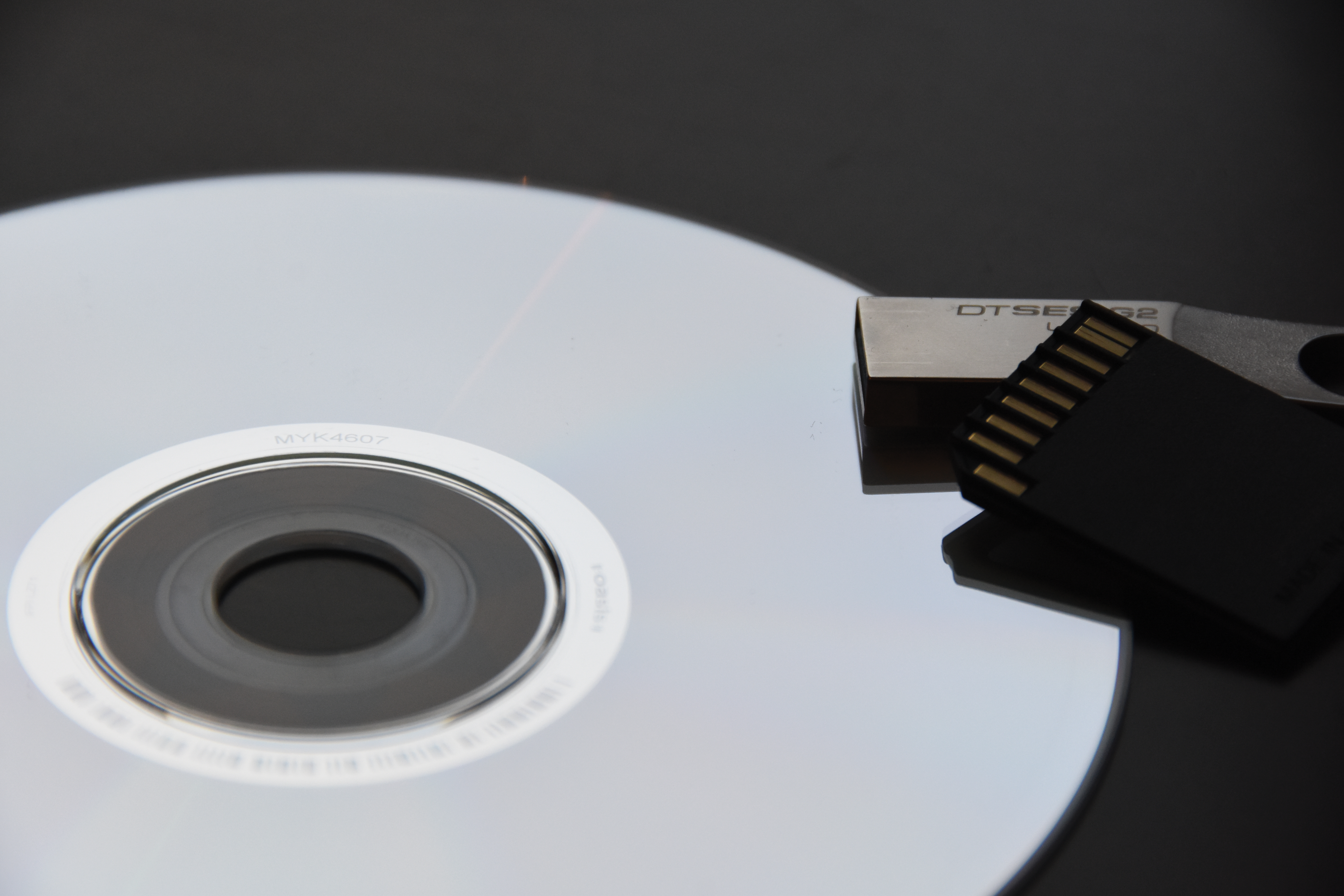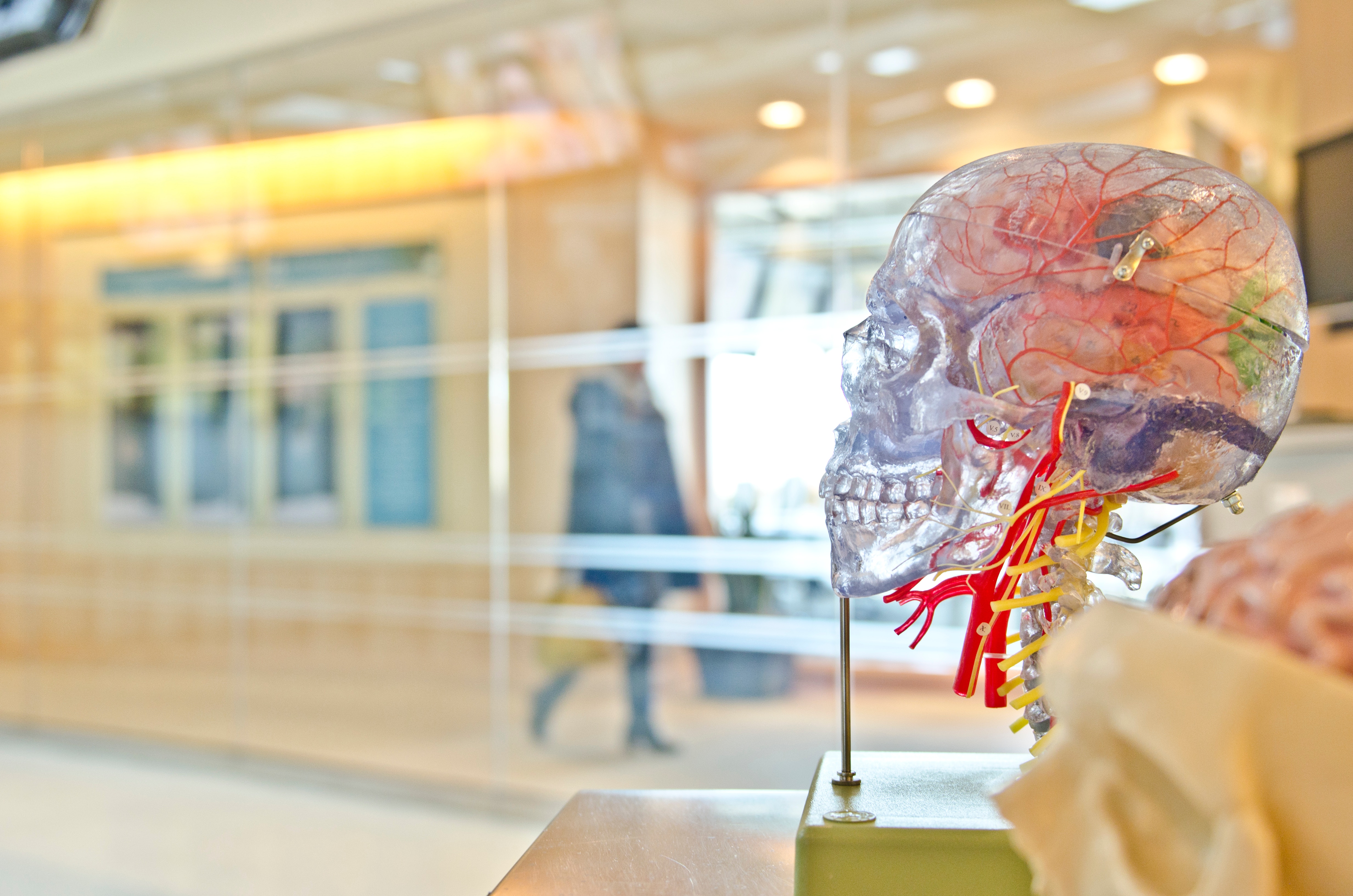The way that people remember has changed dramatically over the last 100 years. With the rise of digital technology, photographs are now more important than ever. In the early 1900s, people used to hold memories in poetry, painting, or in other kept items. Transitioning into the early 21st century, there are now many more ways that memories can be kept. Using photographs, videos, and live blogs, many are now experiencing a very different problem: the quantification of memory. Since there are many ways in which people make and keep memories, does the advent of technology mean that the sentimentality of each picture has now been reduced? Throughout history, having greater quantities of something has led to depreciation of its value. Furthermore, memory in the world of computer science has become less expensive over time and is expected to continue to do so (according to Moore’s Law). With this newfound accessibility to photography, has memory become broken into a series of visible moments? How do pictures reinforce a new way of remembering? Has there been a psychological shift that causes us to view the value of an experience by our photos of it? How has the digital age affected us emotionally? We are now able to reduce our experiences down to extremely quantified things. Where does this trend take us? Media is allowing us to not only capture our own memories, but also to view the memories of others. Perhaps this change is a parallel of previous changes that have happened throughout history. When the printing press was first designed, humanity made a switch from spoken stories to written ones. This lead to a smarter working force, as people were better able to share their ideas with each other. The same can be said of picture and video oriented media use. This transition is allowing people to post information for anybody to see. It changes the way that people tell stories. Through this change, people are also changing the way that they remember things. Perhaps there are things that people miss, such as small cracks in the road, which would have been noticed by somebody who wasn’t anticipating what that they would like to remember.





